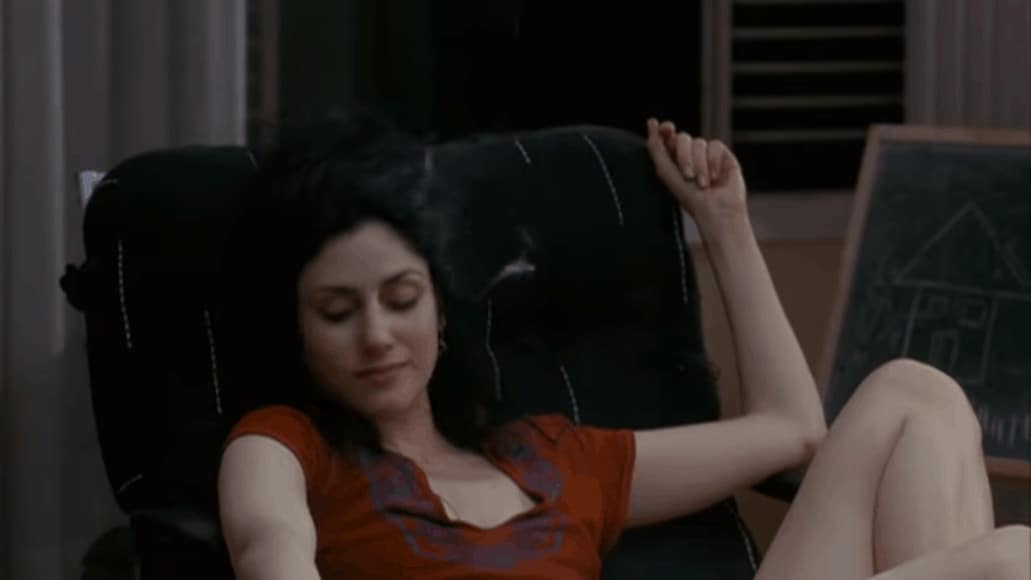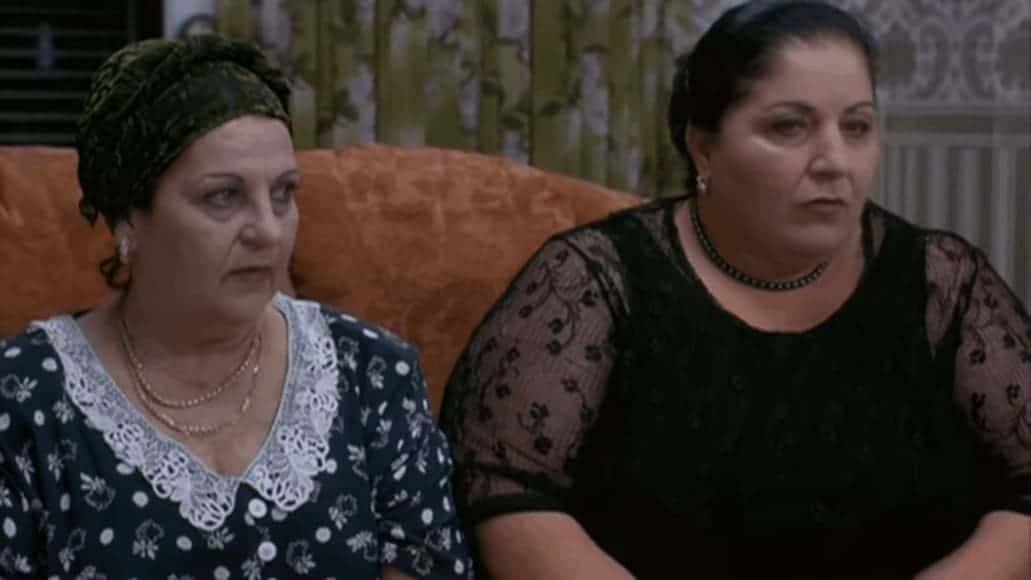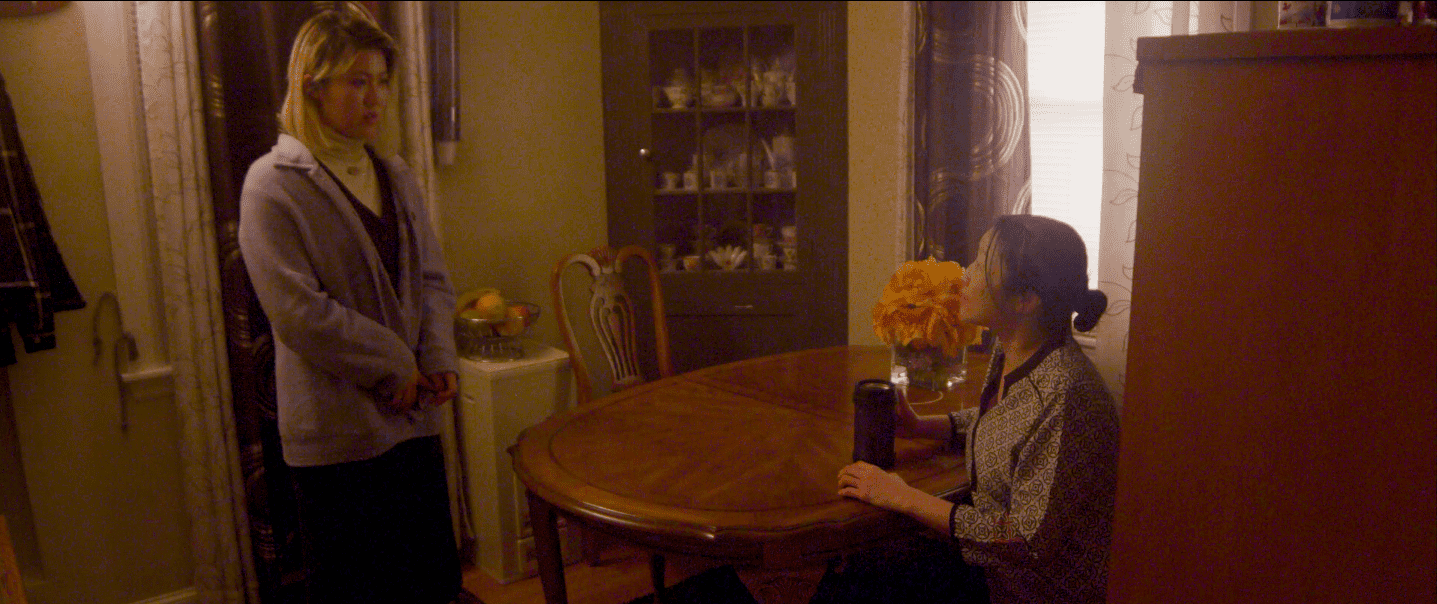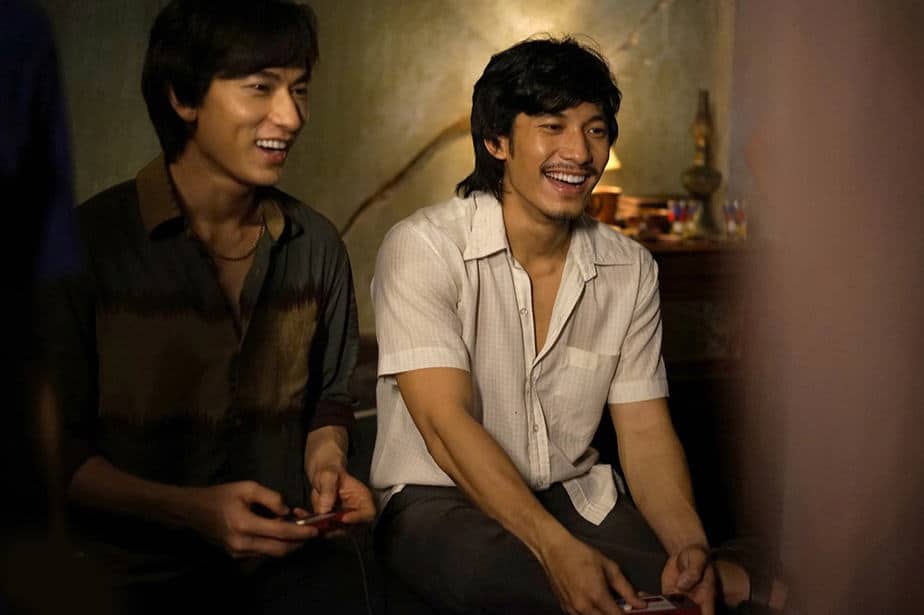A woman can be anything in a movie: a silent witness to men's wisdom, flat-chested, large-bosomed, skinny, chubby, thick as a plank or clever, a muscular beast or a screaming victim, sword-wielding hero or a coward, name it. But two things she can never be – hairy, or above 30 and desired sexually by a younger man. And a man can be 30+ and just about anything, without limitations in his looks or character. Except – he falls for a woman who is older than him, and who actually doesn't care about the ticking clock. In real life – this is even stranger than fiction.
Even if we look back at groundbreaking movies such as Hal Ashby's Harold and Maude” (1971), or Mike Nichols' “The Graduate” (1967) – relationships between very young men and mature women are doomed to an end, either by introducing a clear sharp end (death) or by turning it into a female perversion, because the audience couldn't live with a notion of such gender-reversed age differences. On the other hand, middle aged men are entitled to date much younger women who could be their daughters, or even – in some extreme cases – granddaughters.

Back to real life – old dudes can marry underage girls, but at the same time, young men should also tie a knot with young women only. The patriarchy calls for fertility, masculinity and reproduction.
In case of Dover Koshashvili's “Late Marriage” (2001), the age difference between two lovers who are not meant to have a happy end due to the man's cowardice is not even big. Zaza's (Lior Ashkenazi) secret lover Judith (Ronit Elkabetz) is only five years older than him, but the world she inhabits is neither kind to her age regarding a marriage, nor to her divorcee status. 21st century, one could think, how odd, before remembering the newspapers headlines. In many cultures, a woman is desirable as the marriage material only if “untouched” or “ready to breed babies”.
Let's stop here to bow to the ironic approach Dover Koshasvili opts for in dealing with the patriarchal thinking in a very traditional, Georgian-Jewish community in Israel that he feels familiar with. His own mother slips for the first and only time in her life in a film role, playing a controlling parent with a goal to find her (on-screen) son Zaza a wife. Koshasvili pokes at wounds that hurt, and he knows exactly where the softest spots are. Arranged marriages, not only typical of his specific ethnicity, but seen from the angle he knows best from his upbringing, come out in focus as a phenomena that defies modernity and human freedoms, and their depiction is handled with a humor-loaded criticism.

The patriarchy is here to bite you in the face, as we follow attempts of Zaza's parents to pull through an arranged marriage with a still minor, 17-year-old girl Illana (Aya Steinovits). Her uncle simply can't wait to get rid of one of the women from the house, completely ignoring the young girl's intelligence, desires and talents. But she won't have it, and she shows resistance, solid as a rock, unseen in her firm “no” by the family.
“Too much importance is given to heart and love”, utters Zaza's father as the confirmation comment to uncle's praising of Illana, and he is precisely the worst embodiment of patriarchy with his mistreatment of the spouse – commanding, without “thank yous” or “please” tone, always rude and demanding, literally incapable of existing without her constant assistance.
Not only the two women in Zaza's love life – Judith and Illana burst with stubborn self-liberating energy, almost every other woman except “the groom”‘s mother, does. They form an invisible bond of resistance and suppressed aspirations that long to be freed from the male dominance.
Also not a complete accident is the name of Judith's daughter -Madonna, a 10-year-old force majeur with sharp answers to every situation up her sleeve.
Not surprising is an easy way out that Zaza makes, which turns Koshasvili's script-writing into an even more impressive drama theater, along with his unpolished images of naked bodies. Here come a shocker – women have pubic hair!
“Late Marriage” was screened within the frames of We Are One, A Global Film Festival and it was curated by Jerusalem Film Festival.















